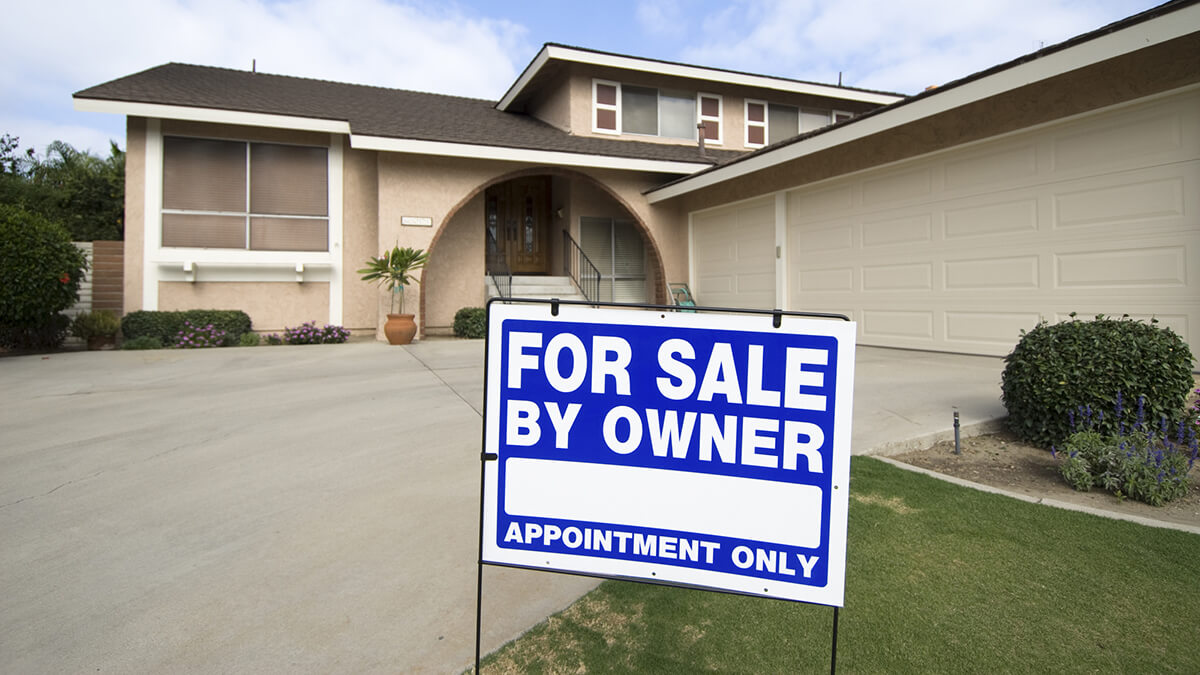The most challenging parts of being an executor is selling the deceased’s home and distributing the proceeds among beneficiaries. Typically, the goal is to sell before probate concludes, which can take anywhere from a few months to over a year.
Selling a home as an executor is primarily challenging because it’s process can vary depending on the complexity of the estate, the state’s probate laws, and the current market. In this guide, we’ll give you the tools to manage a home sale in these circumstances simply and efficiently.
iBuyer.com is one option for selling a home, as we eliminate the need for property appraisals, staging, repairs, and marketing. Our platform provides multiple cash offers from certified specialists in minutes, so you can meet your responsibilities as executor.
Executors and Real Estate
Compare Cash Offers from Top Home Buyers. Delivered by Your Local iBuyer Certified Specialist.
One Expert, Multiple Offers, No Obligation.
Understanding the role of an executor
Selling an inherited home is just one of the many responsibilities of an executor of a will. In reality, this role carries a plethora of different obligations that may require time, careful consideration, and even legal advice.
In short, an executor carries out a deceased person’s will in accordance with the law.
On occasion, the executor may also be a beneficiary of the estate. This adds extra pressure to your plate as you must meet your obligations as an executor without any conflict of interest. If this is not possible, it’s usually best to find another person to serve as executor.
Bear in mind that the role of an executor varies from one state to the next across the U.S. If you do not have any knowledge of probate law or distributing assets, it’s wise to hire a probate attorney who can help. They can assist with the drafting of documents. They also appear in court on the executor’s behalf.
With particular relation to a home sale, there are important responsibilities as an executor. You must keep the property safe and in the best possible condition until it’s sold.
This includes the acquisition of insurance, securing valuables, and updating the locks. You must also maintain the home and collect rent from tenants until you sell it.
How long does an executor have to sell a house?
An executor does not have a strict timeline to sell a house once probate begins. The duration depends on various factors, including the complexity of the estate, the local real estate market, and any specific instructions left by the deceased.
Executors are generally expected to act in a timely and efficient manner, balancing the need to maximize the estate’s value with the obligation to settle the estate as quickly as possible.
Taking control of the real estate
As mentioned, it is the responsibility of the executor to take over the control of the real estate. This is to ensure that the property remains in the right hands and in the best condition for a decent sale.
If the home is unoccupied, an executor will have to maintain the property, swap out the locks, and change the mail delivery address to their own. Rerouting the mail is also a good way to receive all the documents you need in order to fully settle the estate.
It’s also a good idea to remove all valuables, furniture, and décor from the home. The home should then be professionally staged for viewings. Set aside all personal belongings and valuables and divide them among the estate beneficiaries.
How to sell a home as an executor in 5 simple steps
The process of selling a home as an executor is relatively the same in most states across the U.S. However, probate laws and processes may differ — this is what can have a major influence on the timeline and sale of the home.
Nevertheless, here’s how to sell a home with these basic steps:
Step 1: Submit the will to probate court
Your first and most important step is to file the will with the probate court in order to validate its authenticity. Once you get the ball rolling with the probate court, you can proceed with taking control of the property and preparing it for the market. You have 30-days to file with the probate court once you have received the deceased’s will.
Remember that it’s not always a mandatory step to file a will with the probate court. But it is required when legal ownership of inherited property is passed on. If you are the sole beneficiary of the home, the court can grant you permission to sell the property while it’s in probate.
Step 2: Decide on the best way to sell the house
If you are in doubt as to whether it’s wise to list the property on the open market — you should. As an executor of an estate, this makes you fiduciary of the estate, too.
This means that it’s in the best interests of other beneficiaries that you sell the home for a profit. You’ll also need to make a decision based on the best way to sell your home.
For example, if you need to sell the property fairly quickly, you could enlist the expertise of the best iBuyer. They offer a hassle-free home selling service in a quick turnaround time.
If you choose to work with a real estate agent, make sure they are well-versed in selling inherited homes.
Step 3: Submit a signed contract to the probate court
If you manage to find a good buyer for the property, it’s important to get a signed contract of the deal and submit it to the probate court as soon you can. You must also submit a copy of the buyer’s offer in order to obtain approval from the court so that you can close on the sale of the home.
Remember that if the home is left to multiple beneficiaries, you also need their approval of the sale. They must each sign a waiver that states their satisfaction with the offered price of the home. Once you have submitted the documents, the court will review them.
Step 4: Obtain court approval and close the deal
During this step, you are essentially waiting for approval of the sale from the probate court. Once you have received this approval, you can close and complete the sale of the home. In order to close the deal, you must sign an executor’s deed. You are signing on behalf of the estate in your role as executor.
Bear in mind that if there are beneficiaries involved, you will need to obtain their signatures of approval to close the deal as well.
Step 5: Receive and distribute the proceeds
Once you have listed the home for sale, you should create a separate bank account for the estate. The money you receive from the sale of the home must be distributed accordingly.
You will have to pay creditors and their outstanding dues, first. After this, the remaining funds must go into the estate bank account. If you are the only beneficiary, the remaining proceeds can be transferred into your personal bank account once all debts have been paid.
Most of the time, you will receive a check from your real estate lawyer who handled the closing of the deal. This check is made payable to the estate. It can either be deposited into the estate account by the executor or by the probate court.
The way in which you receive the proceeds depends on the ruling of the probate court and judge. If the home sale is processed through probate court, the proceeds are distributed into your attorney’s trust account.
If you are not going through probate court, all beneficiaries must sign and agree on how the funds are distributed.
Need assistance in selling an inherited property?
So, how long does an executor have to sell a house? Well, this is largely dependent on the probate process and the number of beneficiaries included in the will. If you’re an executor that needs helps selling a property, iBuyer is here to make the process quick and painless.
With iBuyer, you can also find out what the home is worth and a realistic market value. If you’re looking for a professional, experienced, and hassle-free house sale service, learn more about our iBuyer markets today.




